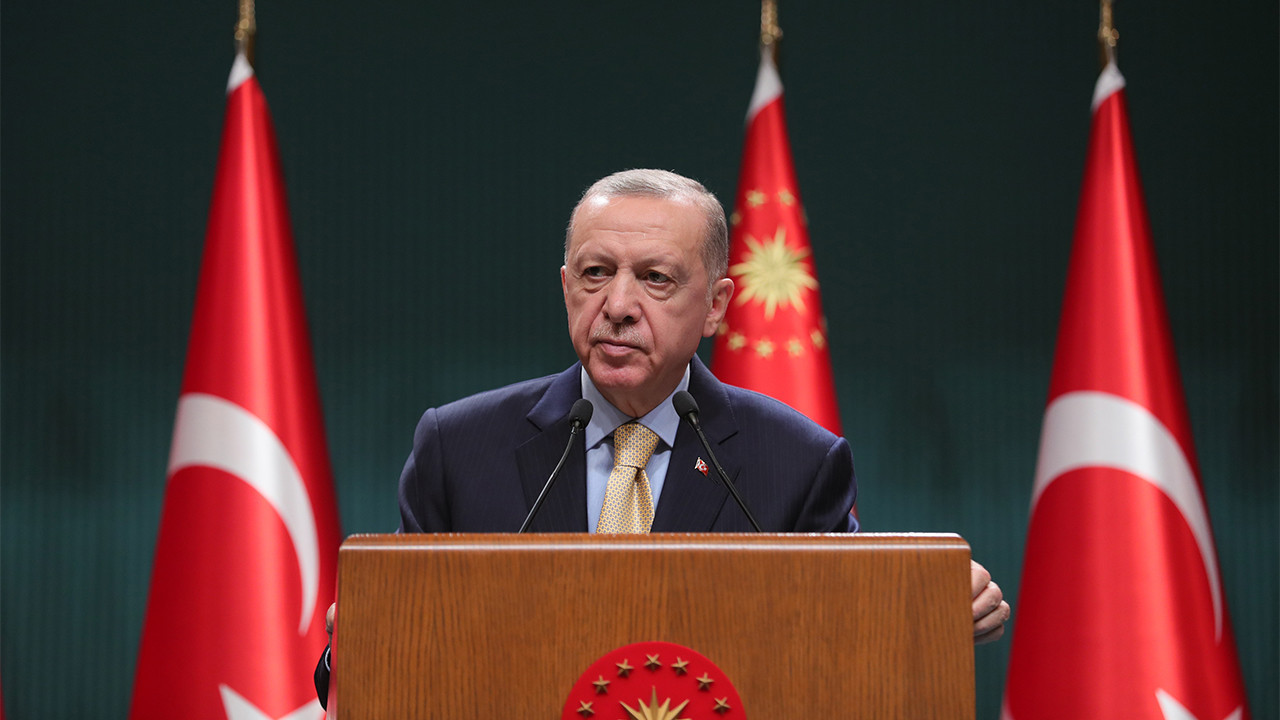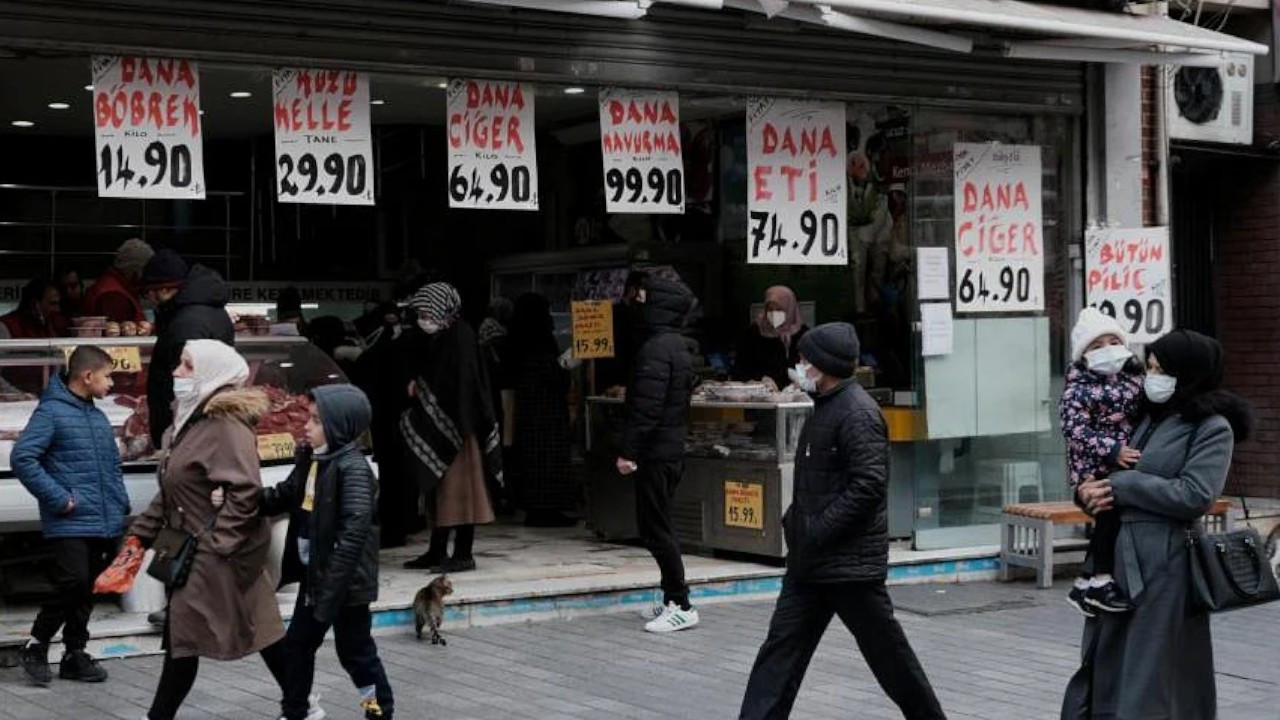Turkey hikes minimum wage for a second time this year
President Erdoğan has said Turkey's minimum wage was being raised by some 30% to a monthly 5,500 Turkish Liras ($328) as of July 1, an adjustment for a second time this year.
Duvar English
President Recep Tayyip Erdoğan announced that Turkey's minimum wage will rise by 30 percent effective from July 1 for a second time this year, as citizens struggle to keep up with soaring inflation.
The monthly net minimum salary will be 5,500 Turkish Liras ($328), Erdoğan said during a televised press conference on July 1.
The new gross minimum wage, before deductions such as social security premiums and income taxes, is 6,471 liras ($386).
"Turkey has been implementing its own program against the economic traps it has been exposed to for a while. We are facing a new situation due to the global economic balances disrupted by first the pandemic and then by the [Ukraine] war. We experienced the most negative results upon the rise in exchange rates and inflation. Inflation is the problem of the whole world. Of course, inflation figures in our country manifest differently," Erdoğan said.
"We have taken and continue to take measures to compensate for the loss of welfare for each of our people. We did not allow employment to decline," Erdoğan added.
Turkey hiked its minimum wage in December 2021 by a massive 50 percent to 4,250 liras ($256) per month in the wake of a currency crash and inflation spike.
The minimum wage has increased by some 95 percent since the beginning of the year with this move.
Turkey's annual inflation rate jumped to a 24-year high of 73.5 percent in May, according to official data released by the Turkish Statistical Institute (TÜİK) on June 3, fuelled by impacts of the Ukraine war, rising energy prices and a lira that has tumbled since a December crisis.
According to unofficial data from the ENAG Inflation Research Group, an independent institution set up in 2020 to track the country’s inflation, Turkey’s annual consumer price inflation rate was 160.76 percent in May, far higher than official claims.
While the raise could mitigate the discontent that’s taken root among struggling working-class families, it could also fuel already high inflation.

 Erdoğan says he requested minimum wage to be adjustedEconomy
Erdoğan says he requested minimum wage to be adjustedEconomy Turkey announces minimum wage, but discussions far from overEconomy
Turkey announces minimum wage, but discussions far from overEconomy Turkish poverty threshold reaches above 16,000 lirasEconomy
Turkish poverty threshold reaches above 16,000 lirasEconomy Turkish Central Bank holds policy rate at 14 percent despite further inflation surgeEconomy
Turkish Central Bank holds policy rate at 14 percent despite further inflation surgeEconomy Turkish gov't policy causing destruction of middle class, warn researchersEconomy
Turkish gov't policy causing destruction of middle class, warn researchersEconomy